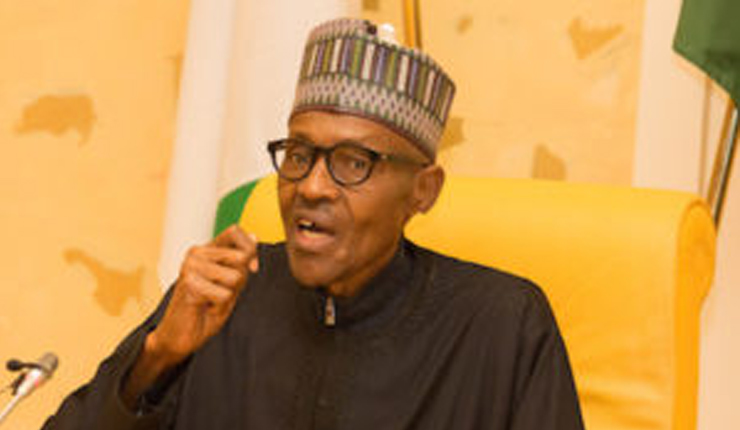
By Dike Kalu
SINCE my retirement, I have written and published the following books which are available through Amazon.com:
- Science and Technology in Nigeria 2003
- Agony of a Nigerian Scientist 2003
- Nigeria’s Adventures in Technology 2014
- CLIMATE CHANGE for the novice + Nigeria’s Predicament 2016
After I published the 4th book, my friend jokingly said to me: “Now, what next?” While I can truly say that I do not know, I can also tell you that I am not going to spend the precious remaining time I have doing nothing consequential. I realize that my books have not made the desired impact for many reasons. But I have become convinced that the Nigerian public has a low interest in reading books, which is understandable because in terms of priority being adequately fed should come first. So, I am not surprised that people seem uninterested in reading about what doesn’t solve the nation’s many problems with a magic wand?
The question “what next” made me contemplate the fact that the books I have already written raise several issues that if addressed will improve the lives of Nigerians. Adding to these neglected issues by embarking on a new book now is senseless to me; but seeking the solutions to the ignored issues raised by my previous books appears to be a more sensible option.
Let us take for instance my last book, CLIMATE CHANGE for the novice + Nigeria’s Predicament, which I wrote partly because climate change is a global issue of immense significance. The phenomenon is so important to the entire world that if it is not adequately addressed now or shortly, you or your progeny will be impacted by its deleterious consequences. But these facts are not common knowledge. Furthermore, climate change is a mine-field of economic potentials. If the country’s appreciation of climate change issues is not revamped quickly, its economic fallout which have already started to accrue in several countries will bypass Nigeria.
Knowing what we now know about climate change, I believe that Nigeria’s educators are failing the country if they continue to neglect promoting awareness about its importance and potential consequences.
It is true that an easy way to publicize a new idea and maximize its significance especially in a developing country is by putting it in school curriculums, having good reading materials on the subject, and making the materials compulsory-reading for students who after-all are legitimate future owners of society.
It is to make it easy for students to appreciate climate change issues that in part motivated me to write a concise well-researched introductory book on the subject. This book, CLIMATE CHANGE for the novice + Nigeria’s Predicament is, as previously indicated now available in Amazon.com. It can also be published in Nigeria to make it more affordable and accessible if it is a prescribed reading material for Nigerian students.
Three Nigerian newspapers recently reviewed the book and gave it very high ratings. The following is an excerpt from a critique of the book by Vanguard Newspapers: ” Professor Dike has through this book provided a unique and invaluable resource material for all especially students who want to know more about climate change.”
In advanced nations, climate change is taught at all levels of the educational system because of its importance. There is no reason this cannot be done also in Nigerian schools, and appropriate reading materials made available for students.
The development of Nigeria cannot be left to one individual or party. Everyone able to contribute meaningfully should be encouraged to do so because we are all in Nigeria’s predicament together. Therefore, it is with humility that I conclude with the following appeal to our esteemed professors and the honorable ministers of education and Science and Technology: Nigerians depend on you to ensure that the country’s educational system is steered towards areas of practical enlightenment like promoting adequate appreciation of enormous implications and potential consequences of the nascent discipline of climate change.


